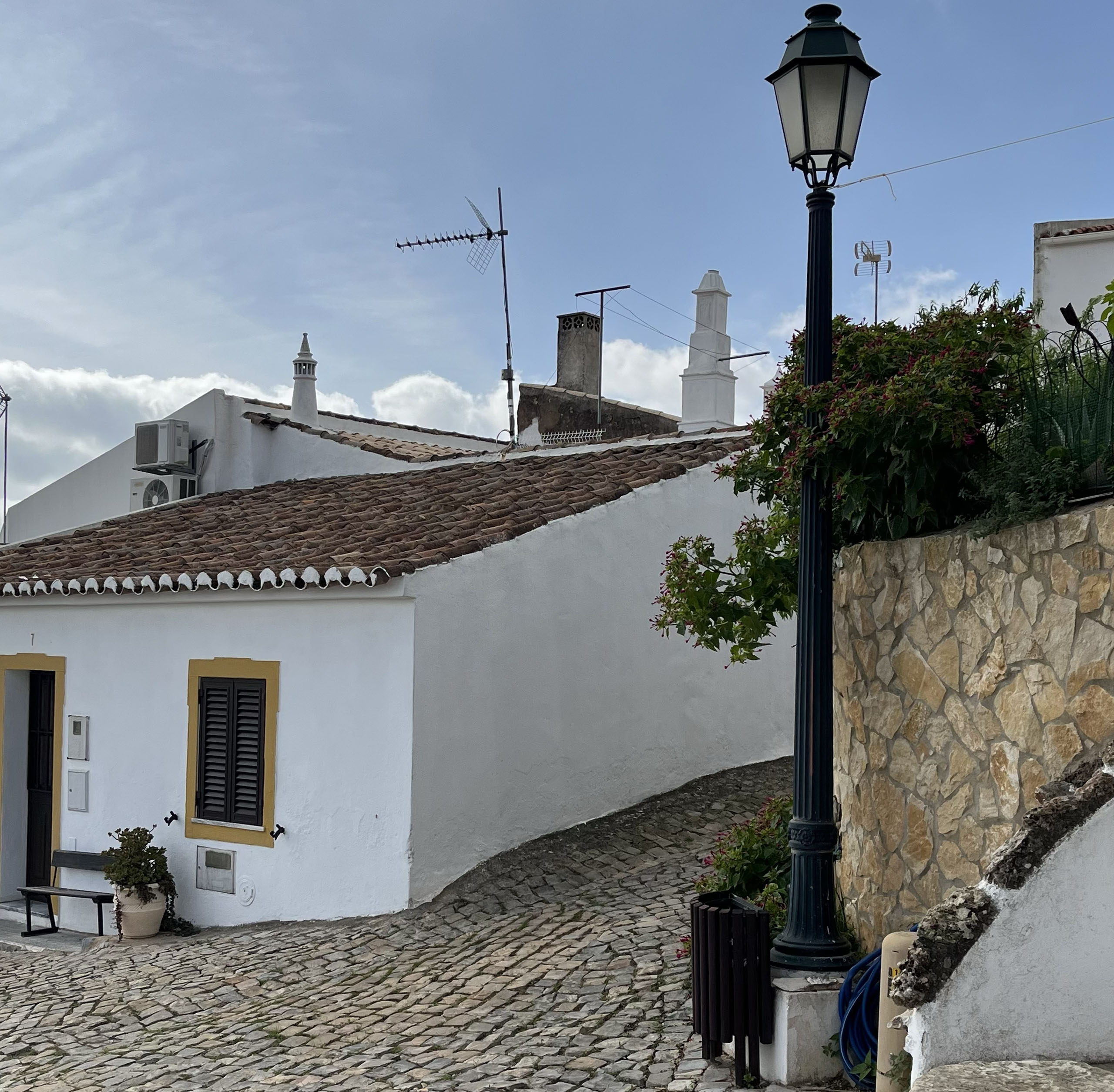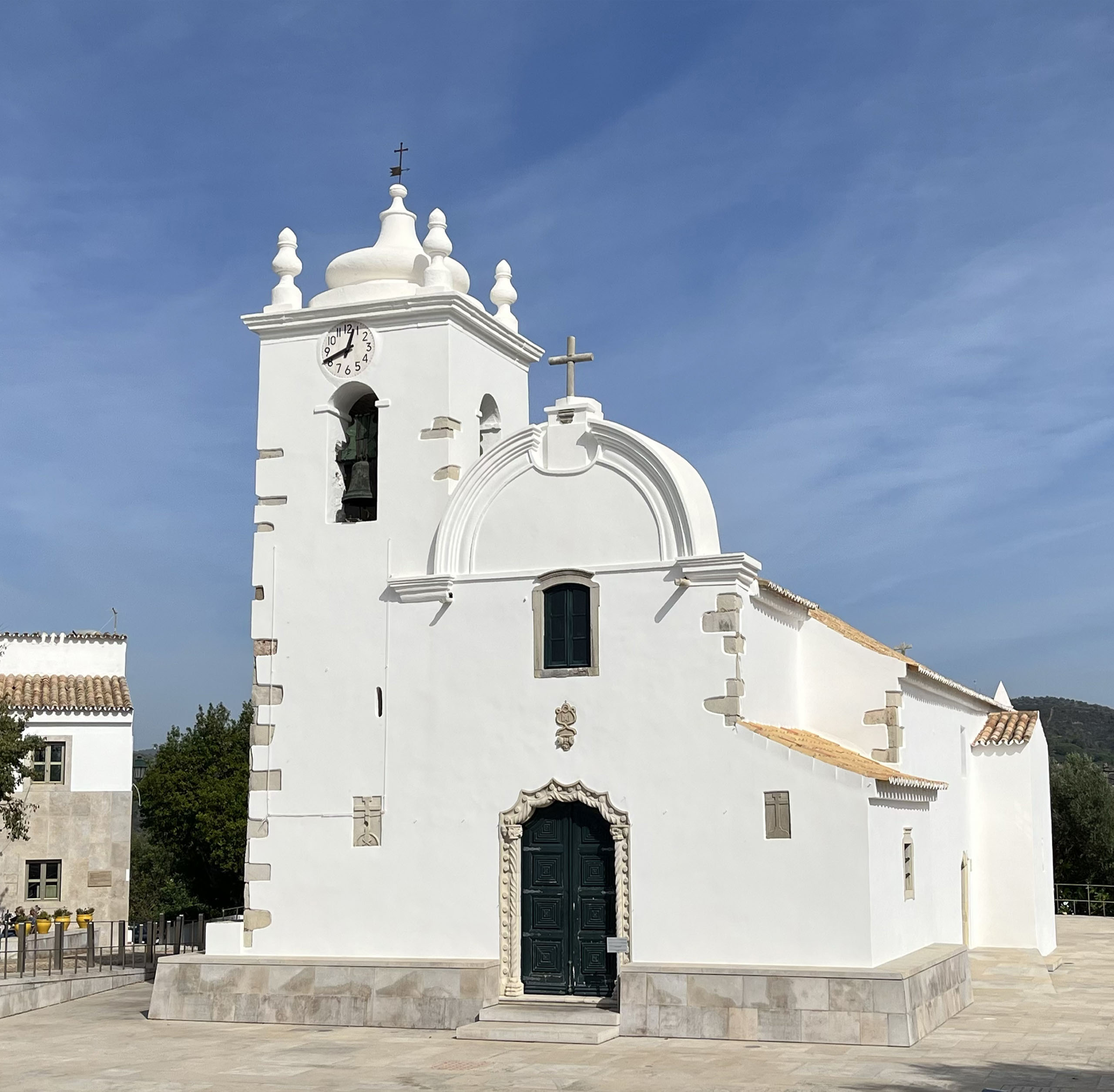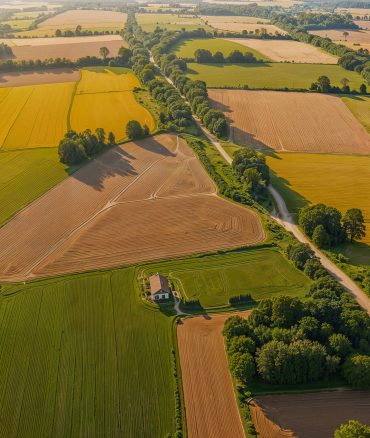Connected Interior: Opportunities Without Borders
We aim to foster the demographic sustainability of the interior regions, through the attraction and integration of digital nomads. Encouraging an environment conducive to remote work, boosting a positive economic and social dynamic.
News
Around 48 million Europeans are still unable to keep their homes adequately heated. In rural areas, households spend an average of 7% of their budget on energy, a clear sign of the growing burden of energy poverty. Rural dwellings tend to be older, larger and less energy efficient, but they also offer high potential for improvement and for the installation of renewable energy systems. Being energy poor means not having sufficient access to the energy needed for essential services such as heating and cooling. This limitation has direct effects on the health and well-being of populations, especially during increasingly hot summers and harsh winters. According to a new report by the European Commission’s Joint Research Centre (JRC) — Exploring rural energy poverty and needs — rural areas are particularly exposed to energy poverty due to lower incomes and larger, less insulated dwellings than in urban centres. Nevertheless, these areas are making faster progress in energy efficiency works, taking advantage of the fact that most houses are owned by the residents themselves and have more space to install solar panels. Portugal among the most affected countries The study’s findings show that energy poverty levels are highest in countries such as Bulgaria, Romania and Greece. Portugal, Croatia, Cyprus and Lithuania also face similar challenges, albeit to a lesser extent. The index created by the researchers assesses four main factors: the inability to keep the home warm, late payment of bills, the physical deterioration of housing and the risk of poverty. In almost all countries, rural areas are the most affected, while cities have lower indices. Renovation and solar energy: an opportunity Between 2018 and 2023, 29% of households living in rural areas in Europe carried out work to improve the energy efficiency of their homes, more than the 25% in suburban areas and 23% in urban areas. The most common interventions include improving thermal insulation, replacing single-glazed windows with double or triple glazing, and installing more efficient heating systems. Solar energy appears to be the most promising option. With 78% of rural homes owned outright, compared to 55% in cities, and with greater availability of rooftops, it is estimated that photovoltaic solar panels in these areas could generate around 2,200 kWh per inhabitant per year, equivalent to more than a third of average household consumption. Combating energy poverty for a just transition According to Eurostat data, in 2023 around 10.6% of the European Union’s population, 48 million people, were unable to keep their homes adequately heated. With average temperatures rising, energy poverty in summer is also becoming a growing concern. Combating this phenomenon is at the heart of the European Union’s just energy transition. Improving the efficiency of buildings and increasing local renewable energy production are decisive steps that can simultaneously reduce greenhouse gas emissions and household energy costs.
The Portuguese have a unique combination of resourcefulness and entrepreneurship in their DNA that deeply defines their national identity and shapes their rich history.
Lisbon has confirmed its position on the world map of remote workers, maintaining 5th place in the Savills Executive Nomad Index 2025. The Algarve once again stands out in the top 10, occupying 10th place. The ranking assesses 30 destinations of excellence for digital nomads, considering factors such as quality of life, fast internet, connectivity and housing affordability. In Lisbon, the balance between mild climate, safety, cultural offerings and good technological infrastructure consolidates the capital’s reputation. The Algarve, meanwhile, adds the advantage of a more affordable cost of living combined with its sunny climate. The 2025 index is led by Dubai, followed by Abu Dhabi, Malaga and Miami. In addition to the Portuguese cities, there are new entries such as Auckland, Tokyo, Crete, Vancouver and Berlin, revealing the growing global competition to attract mobile professionals.
The Forgotten Food Festival returns this autumn with three events celebrating the cuisine, products and memories of the Algarve’s interior. Registration is now open on the project’s new website, with limited places available upon prior registration.
The “A Nossa Casa Comum” (Our Common Home) project, the result of a partnership between the Municipality of Loulé and the Manuel Viegas Guerreiro Foundation, won third place on Tuesday in the international “Best Green Library Project” award, presented by the International Federation of Library Associations and Institutions (IFLA). The award ceremony took place in Astana, Kazakhstan, as part of the organisation’s International Congress. Created in 2020 from donations of children’s books, this small library in Querença was designed to raise awareness among new generations about environmental preservation and the value of biodiversity. Part of the Manuel Gomes Guerreiro Eco-Botanical Trail and run by the Manuel Viegas Guerreiro Foundation, ‘A Nossa Casa Comum’ offers children an interactive experience in which books become a starting point for learning about, creating and caring for the planet. Among the most emblematic initiatives associated with the library are the group ‘Os Pequenos Naturalistas de Querença’ (The Little Naturalists of Querença), the core of the award-winning application, and ‘Os Leitores de Bem-Querença’ (The Readers of Bem-Querença). The space also hosts innovative projects such as L.E.R. Cãofiante, which promotes animal-assisted reading sessions, in collaboration with EB1/JI de Querença and the Loulé City Council. The distinction is particularly significant as it is the only Portuguese representation among the winners of the international competition. For IFLA and UNESCO, libraries such as ‘A Nossa Casa Comum’ demonstrate the essential role of these institutions in supporting Education for Sustainable Development, encouraging curiosity, environmental responsibility and collective commitment to a more balanced and conscious future.











